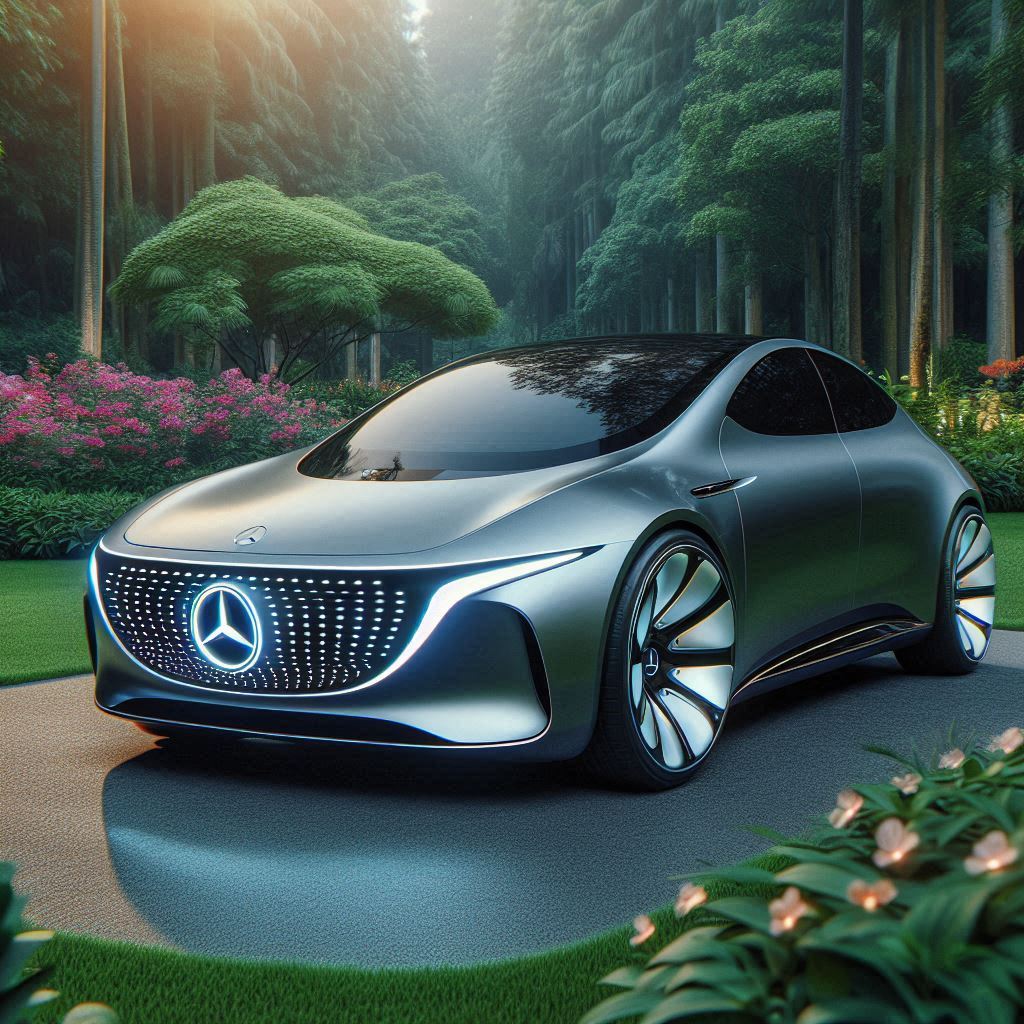Common Myths and Misconceptions About EV Maintenance
Mercedes Porsche Mechanic | Midtown Auto Repair | Sacramento
P. 916.382.7700
Common Myths and Misconceptions About EV Maintenance
Electric vehicles (EVs) are rapidly gaining popularity as a sustainable alternative to traditional internal combustion engine (ICE) vehicles. However, several myths about EV maintenance persist, often deterring potential buyers. Here, we debunk some of the most prevalent misconceptions.
Myth 1: EVs Require No Maintenance
One of the most pervasive myths is that EVs require no maintenance. While it is true that EVs generally have fewer moving parts than ICE vehicles—thereby reducing the need for certain types of maintenance—they are not entirely maintenance-free. For instance, EVs still require regular checks and replacements for components like tires, brakes, and windshield wipers. The cooling system, which prevents the battery from overheating, also needs periodic inspection. Additionally, software updates are crucial for maintaining optimal performance and security.
Myth 2: EV Components are More Prone to Failure
Another common misconception is that EV components are more prone to failure compared to their ICE counterparts. In reality, the opposite is often true. EVs benefit from fewer mechanical components, which translates to fewer opportunities for mechanical failure. The electric motor, for example, has a much simpler design than a combustion engine and is less likely to experience issues. Furthermore, regenerative braking systems in EVs reduce wear and tear on traditional braking systems, extending their lifespan.
Myth 3: Battery Degradation is a Major Issue
Concerns about battery degradation are frequently cited as a reason to avoid EVs. While it is true that batteries can degrade over time, advances in technology have significantly improved their longevity. Modern EV batteries are designed to last for many years, with warranties often covering 8-10 years or 100,000 miles. Additionally, most EV manufacturers provide options for battery replacement or recycling, mitigating the long-term impact of battery degradation.
Myth 4: EV Maintenance is More Expensive
The belief that EV maintenance is more expensive than that of ICE vehicles is largely unfounded. While the initial purchase price of an EV can be higher, the total cost of ownership often proves to be lower due to reduced fuel costs and lower maintenance expenses. EVs do not require oil changes, and the simpler drivetrain results in fewer repairs and less frequent servicing. Over time, these savings can offset the higher upfront cost, making EVs a cost-effective option.
In conclusion, while EVs are not entirely free from maintenance needs, they offer several advantages over traditional vehicles, including fewer mechanical issues and lower overall maintenance costs. Dispelling these myths can help potential buyers make informed decisions and embrace the benefits of electric mobility.


